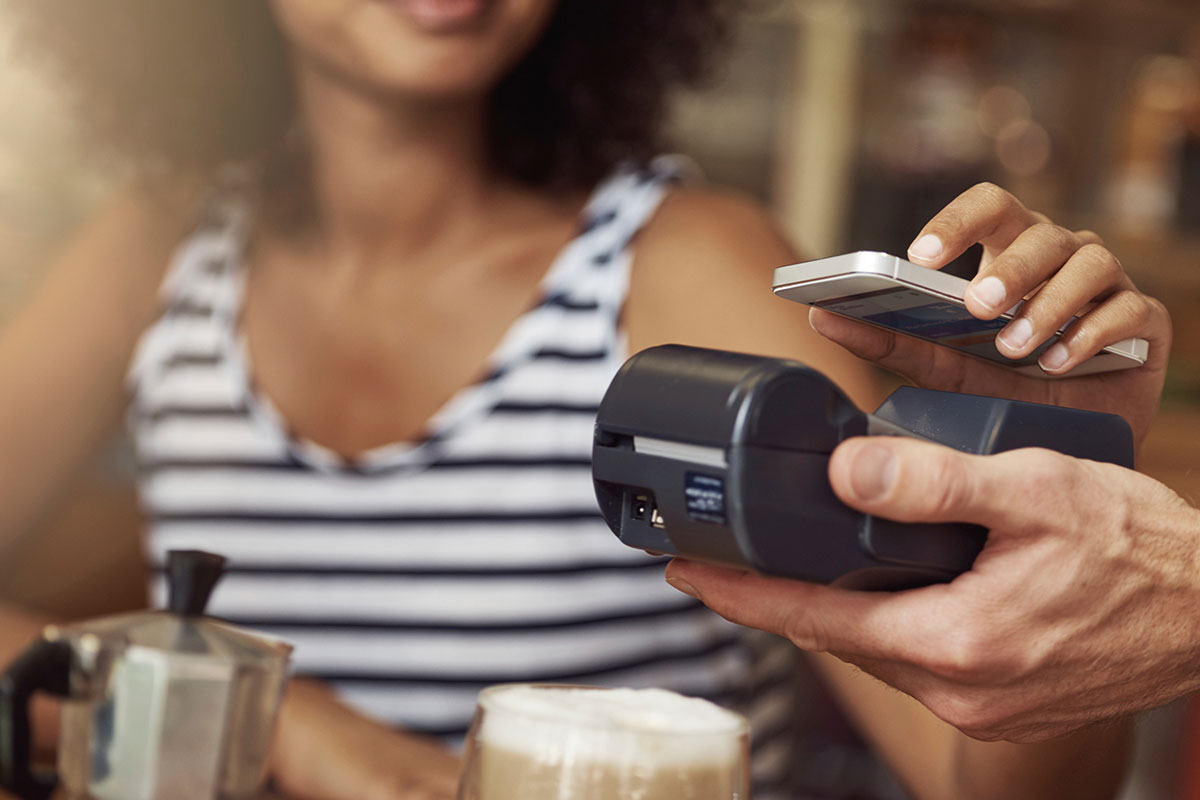There are two main reasons I have cash in my wallet at any given time in 2019: because my semi-sketchy mate never wants to put anything on his card, or to pump my rent money into the Star Wars pinball machine at my local.
At some point over the past decade, Australia became the kind of place where I ask the bloke at the op shop if cash is okay when buying a $3 book. A cashless fortress of sorts.
It’s not just me, of course. According to the RBA, the total value of cash withdrawals made via Australia’s ATM network peaked a decade ago, and has fallen by roughly 20% ever since.
Now that we’re swiping, tapping and using our phones for everything from buying breakfast to using public transport, there’s going to be decreasing call for those machines to be built, maintained and paid for by the banks. As for gouging independent operators $2, are you kidding me? I’ll just walk down the road to the Commonwealth ATM, thanks.
This scenario might be alright in the inner-city suburbs, but it will probably be painful for rural areas that rely on these things since all their local bank branches shut down decades ago.
A cash society is obsolete
It’s weird how rapidly this mental shift has occurred, right? And I wonder what the impact of our increasingly cashless society is going to have on certain sectors. You can already see things changing with regard to homeless people, now easily shrugged off with a blithe “I don’t have any cash, sorry”. Should they be setting up those little white Apple squares that trendy cafés and market stallholders present when you’re buying their homemade preserves? In a few years, will we be ‘tapping’ the less fortunate a few bucks?
It’s also interesting to consider how this cultural shift affects the way we think about money. Handing actual notes over to a cab driver and awaiting coins in return is a very different experience from rolling out of an Uber on arrival, even if you do check your PayPal balance afterwards just in case. Similarly, ordering e-books direct to your Kindle isn’t the same as slapping three soiled gold coins into the hands of a craggy volunteer.
What kind of impact does this have on the way we view and value certain transactions, and more importantly, has it changed the way we save, budget or think about the connection between our labour and wages?
When I started writing for money, for my university’s student magazine, I’d slide in and collect a literal envelope of cash. Nowadays I occasionally cop a deposit in my business account for some article I wrote weeks before, transfer a percentage of that to my business tax account, transfer some more into my personal account, BPAY from there to cover an array of bills and order up some Deliveroo. And none of it really seems connected to either the work I did or the coins in my money box.
Speaking of coins, unlike the US we managed to ditch our less-useful copper shrapnel a long time ago. Over there, they struggle to convince the populace that pennies aren’t worth the metal they’re printed on, because of the immense power of tradition.
Well, they say tradition is just peer pressure from dead people, some of whom appear on our polymer notes. And while we’re on the subject of polymer notes, that’s a technology we export.
What’s the hit to the Australian bottom line when everyone goes cashless? Even more relevant and important here, the Australian Government seems determined to thwart my time-travel-based dreams. How am I supposed to head back to 1999 and give 19-year-old me $50,000 and strict investment instructions when they keep altering the design of our polymer notes?
Read next: Needed: more stabilisers for our economy







